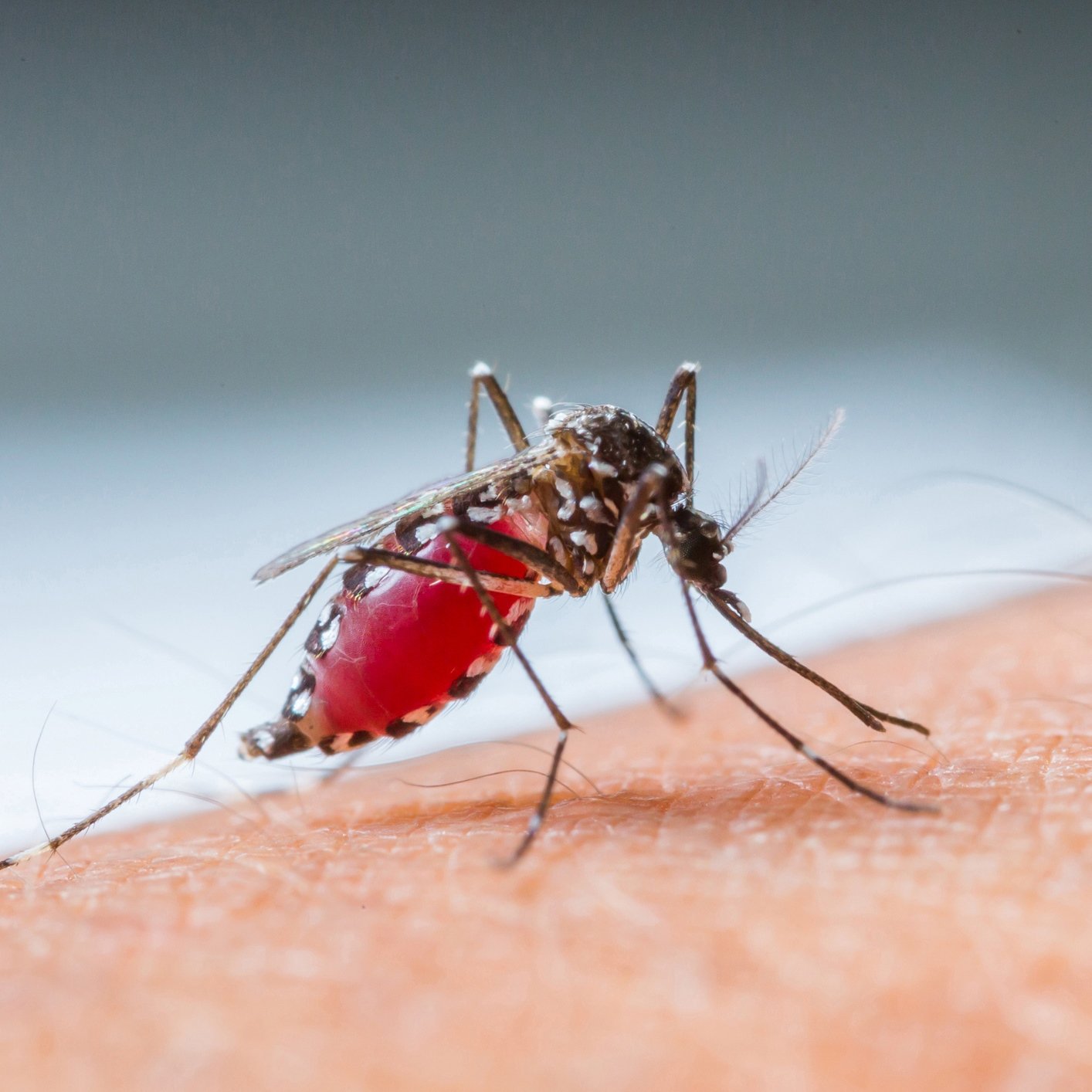Health and Healthcare
Zika Active in 56 Countries and States

Published:
Last Updated:

The latest data from the U.S. Centers for Disease Control and Prevention (CDC) show that the Zika virus is actively being transmitted in 56 countries, including the United States. As of August 17, there have been 2,260 confirmed U.S. cases of the virus, but just 14 actively transmitted cases all of which occurred in two areas of Miami, Florida. Nearly 7,900 confirmed cases have been reported in Puerto Rico.
The Zika virus causes microcephaly, a birth defect that causes the baby’s head to be smaller than expected compared with other babies of the same sex and age. According to the CDC, Zika can also cause other problems among fetuses and infants infected with Zika virus before birth, such as defects of the eye, hearing deficits, and impaired growth. There have also been increased reports of Guillain-Barré syndrome, an uncommon sickness of the nervous system, in areas affected by Zika.
New research reported last Friday indicates that the Zika virus may also pose a wider threat than previously believed. Research on mice suggests that some adult brain cells may also be affected by the virus, including brain cells that replace lost or damaged neurons throughout adulthood and that are believed to be “critical to learning and memory.”
Here are the countries and states or provinces where the CDC has determined that the Zika virus is currently being actively transmitted:
Americas
Oceania/Pacific Islands
Africa
A financial advisor can help you understand the advantages and disadvantages of investment properties. Finding a qualified financial advisor doesn’t have to be hard. SmartAsset’s free tool matches you with up to three financial advisors who serve your area, and you can interview your advisor matches at no cost to decide which one is right for you. If you’re ready to find an advisor who can help you achieve your financial goals, get started now.
Investing in real estate can diversify your portfolio. But expanding your horizons may add additional costs. If you’re an investor looking to minimize expenses, consider checking out online brokerages. They often offer low investment fees, helping you maximize your profit.
Thank you for reading! Have some feedback for us?
Contact the 24/7 Wall St. editorial team.